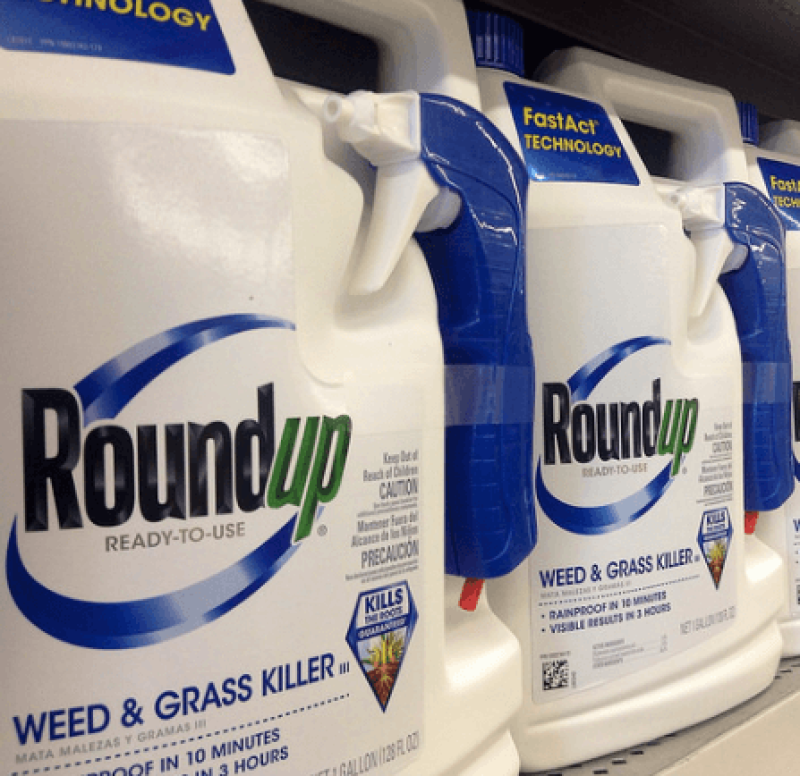The GLP aggregated and excerpted this blog/article to reflect the diversity of news, opinion and analysis.
The European commission is planning to relicense a controversial weedkiller that the World Health Organisation believes probably causes cancer in people, despite opposition from several countries and the European parliament.
In 2015 the International Agency for Research on Cancer – WHO’s cancer agency – said that glyphosate, the active ingredient in the herbicide made by agriculture company Monsanto and used widely with GM crops around the world, was classified as probably carcinogenic to humans.
. . . .
The finding has triggered an EU row over the use of glyphosate, with Italy, France, Sweden and the Netherlands opposing its relicensing in March. . . .
But a leaked proposal from the European commission, seen by the Guardian, has few substantive changes from the one that was blocked last month. It would cut the authorisation period for glyphosate from 15 to 10 years, and mandate consideration of an immediate ban if a European Chemicals Agency (ECHA) study next year finds it hazardous.
. . . .
WHO’s cancer arm has deemed it “probably carcinogenic to humans”, although the European Food Safety Authority disagrees. An opinion from the ECHA panel could resolve a dispute over lab methodologies and industry influence between the two scientific bodies. But the study will take 18 months and has not yet begun. . . .
Although the commission is bound to follow ECHA’s guidance, some countries made an explicit reference to this – and a cut in the authorisation period – conditions for their support.
. . . .
Last week, the European parliament voted to oppose the approval of glyphosate where alternative methods exist, and in pre-harvest agricultural use, in public parks and in playgrounds. . . .
Read full, original post: European commission plans to relicense ‘carcinogenic’ weedkiller































